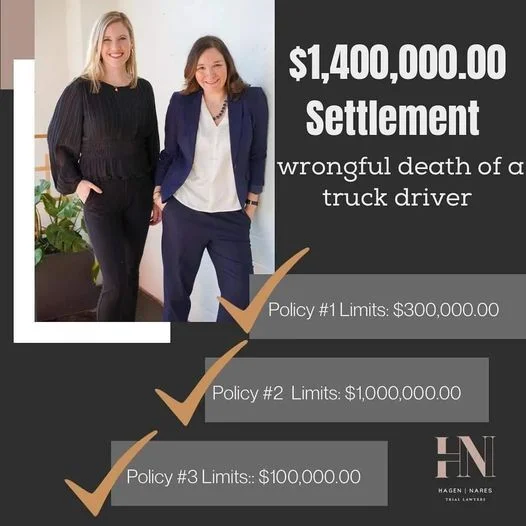
Truck accidents caused by overweight and overloaded vehicles present significant risks that even experienced drivers may struggle to overcome. Recognizing these risks, regulatory bodies like the Federal Motor Carrier Safety Administration and state agencies have implemented restrictions on loads. However, some trucking companies and drivers violate these rules to transport cargo more efficiently, placing others at risk.
Weigh stations located at various points along highways aim to enforce compliance with load regulations, but their effectiveness is limited. Since inspections at weigh stations are conducted randomly, many overweight trucks manage to evade detection. Moreover, even when caught, drivers may be allowed to continue their journey after receiving a ticket, leaving surrounding motorists vulnerable to potential accidents.

Legal rights come into play following accidents involving overweight or overloaded trucks. If a truck driver, trucking company, or third-party loader places excessive cargo on a truck, they can be held liable for resulting accidents. To establish liability, victims must demonstrate that the crash directly resulted from the truck’s excessive weight. Proving liability becomes more straightforward if the defendant violated industry regulations, as it suggests a failure to exercise reasonable care, forming the core of a personal injury claim. In some cases, a regulation violation may automatically imply negligence on the part of the defendant. Additionally, victims must show that the harm they suffered was the type of harm the regulation aimed to prevent and that they were among the group of individuals the regulation intended to protect. They must also establish a causal link between the truck’s excessive weight and the accident.
Vicarious liability is another legal concept that comes into play. Even if a trucking company is not directly at fault for an accident, it can be held liable for the negligent actions of an employee driver while on the job. This enables victims to maximize the compensation they receive.
In accidents involving overweight or overloaded trucks, victims have the potential to recover economic and non-economic damages. Economic damages account for financial losses stemming from the accident, including medical bills, lost income, and property damage. If victims have sustained catastrophic injuries necessitating future medical treatment or impacting their earning capacity, they can seek compensation for these costs as well. Non-economic damages cover intangible forms of harm, such as the pain and suffering endured by the victim. If injuries prevent them from participating in activities that were important to them, they may also be eligible for damages reflecting the lost enjoyment of life.

It’s crucial to note that personal injury lawsuits must be filed within the statute of limitations, a specific timeframe dictated by state law. Failure to bring a claim within this time limit may result in dismissal, even with strong evidence of fault on the part of the truck driver or company. Furthermore, delaying legal action can lead to the disappearance of crucial evidence, making it more challenging to prove liability. Therefore, it is essential for victims to promptly engage the services of a lawyer following an accident. A skilled attorney can gather evidence, identify the appropriate defendants, and initiate the legal process.

Reference: “Overweight and Overloaded Truck Accidents & Victims’ Legal Rights.” Justia, 19 May 2023, www.justia.com/truck-accidents/causes-of-truck-accidents/overweight-and-overloaded-trucks/.




